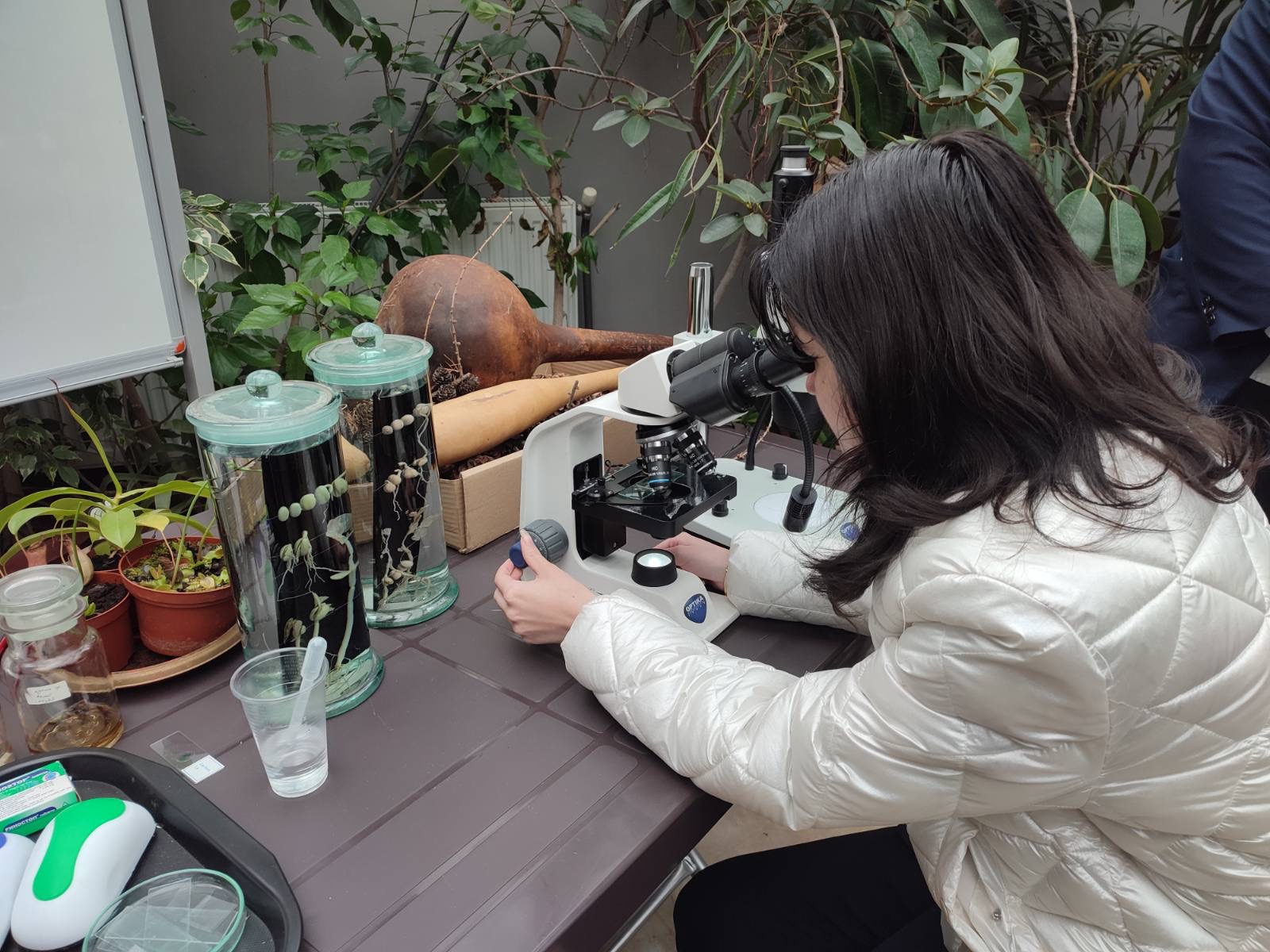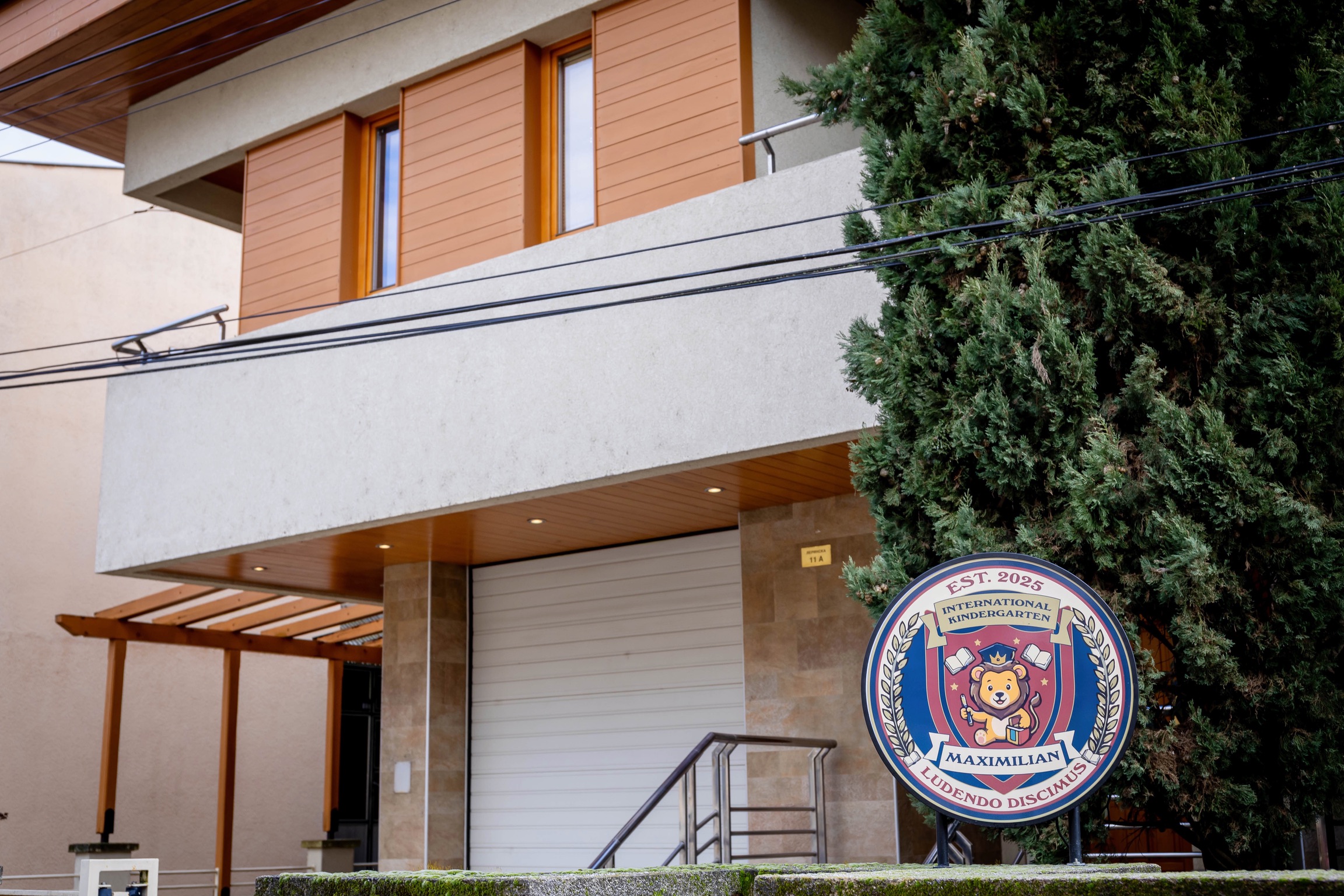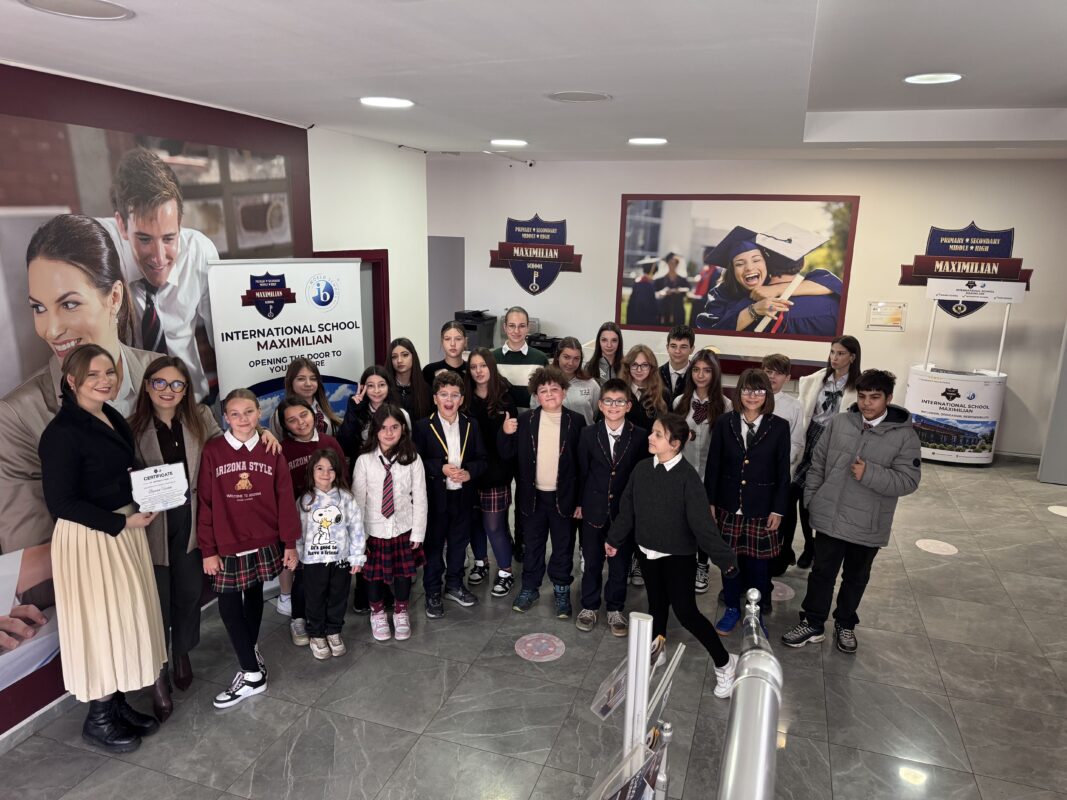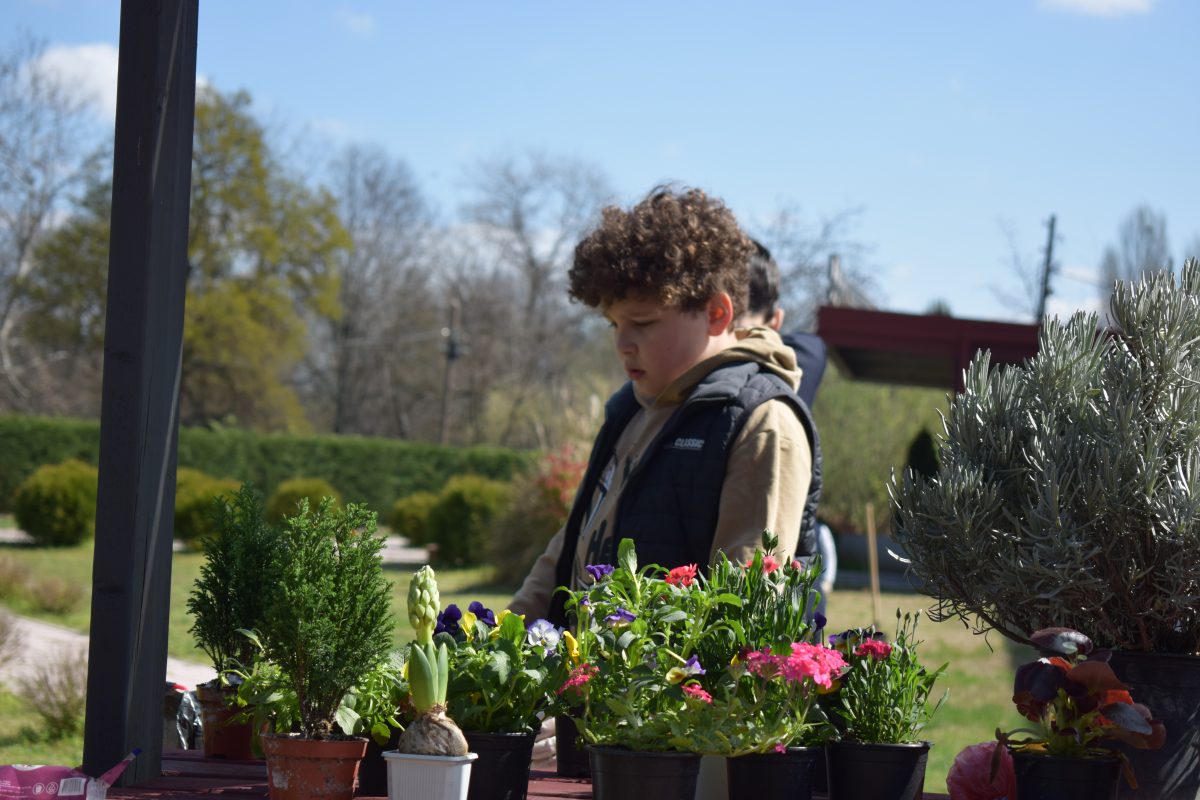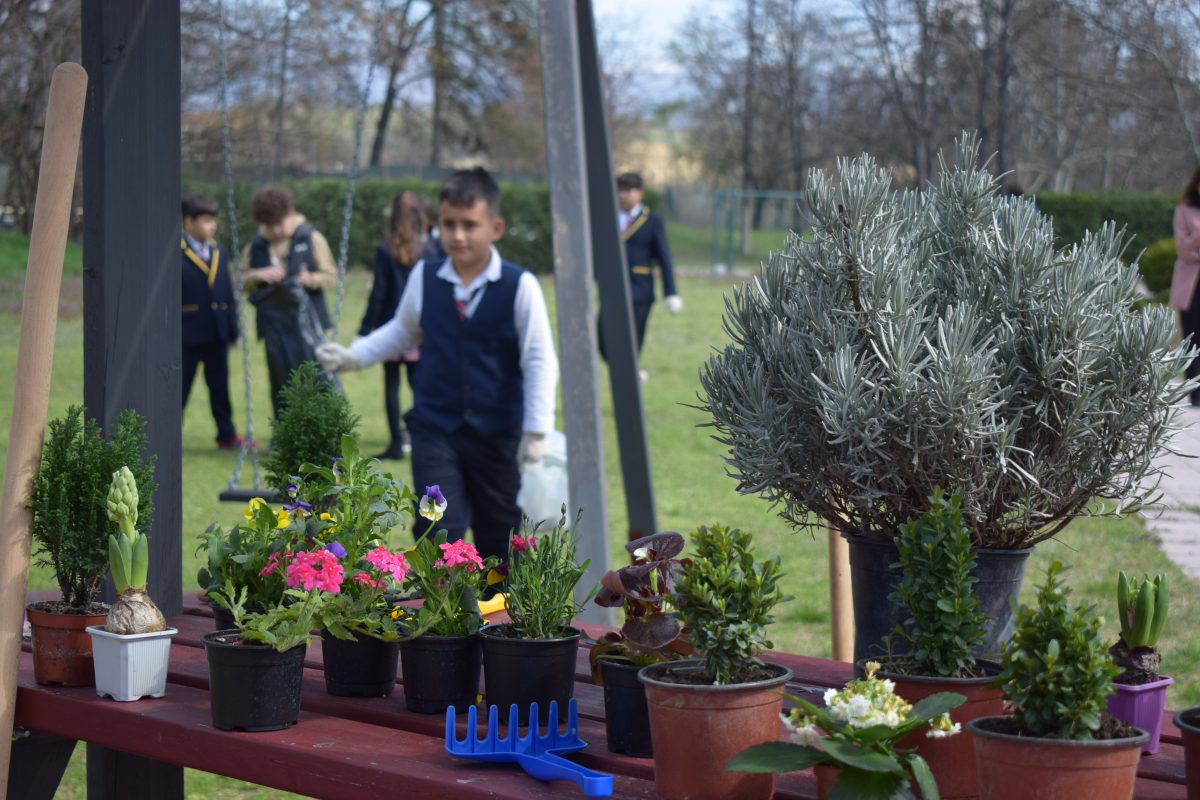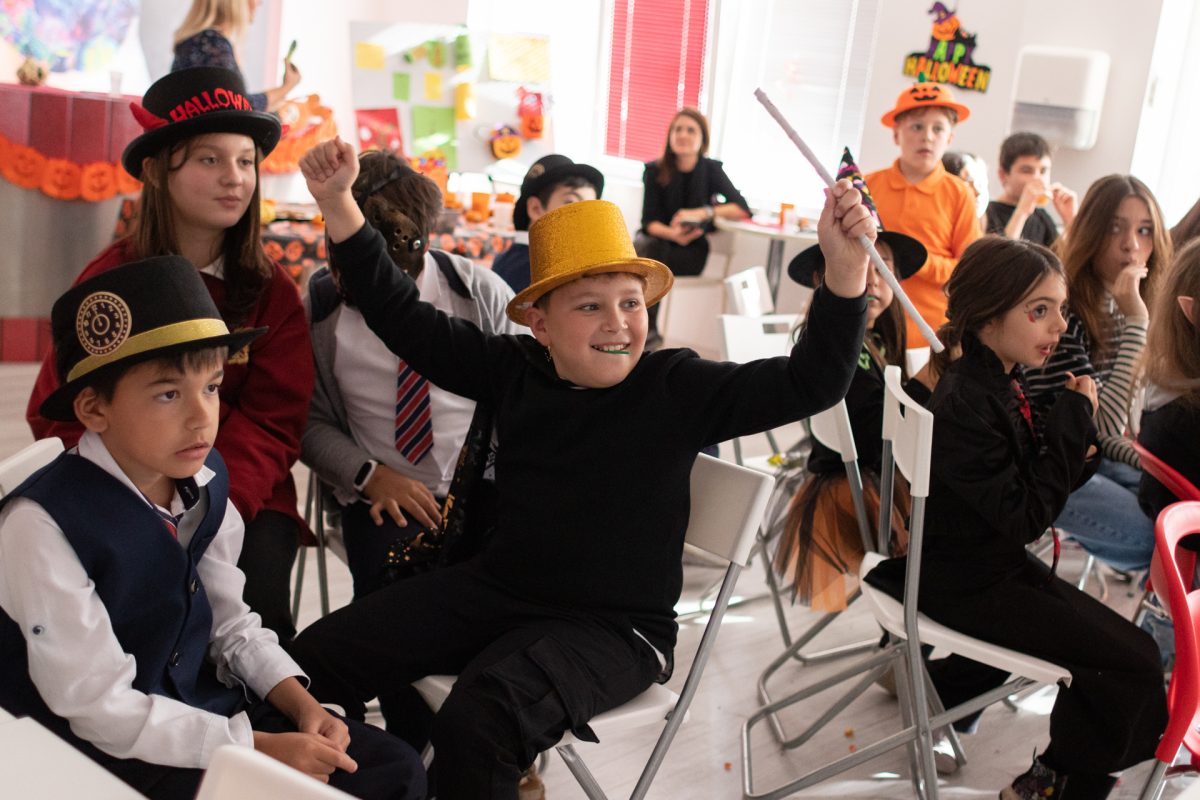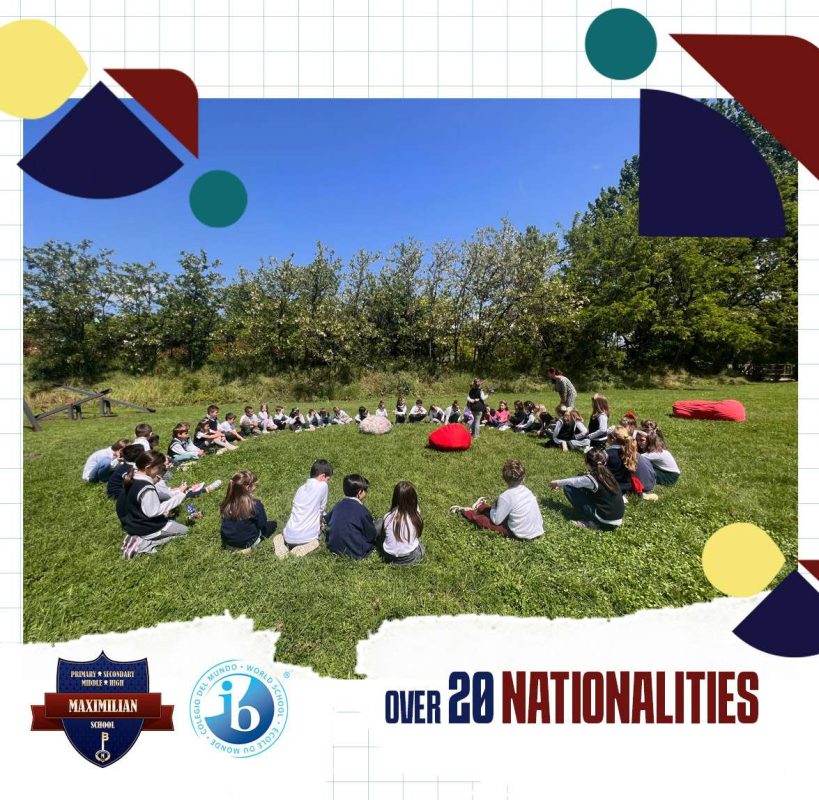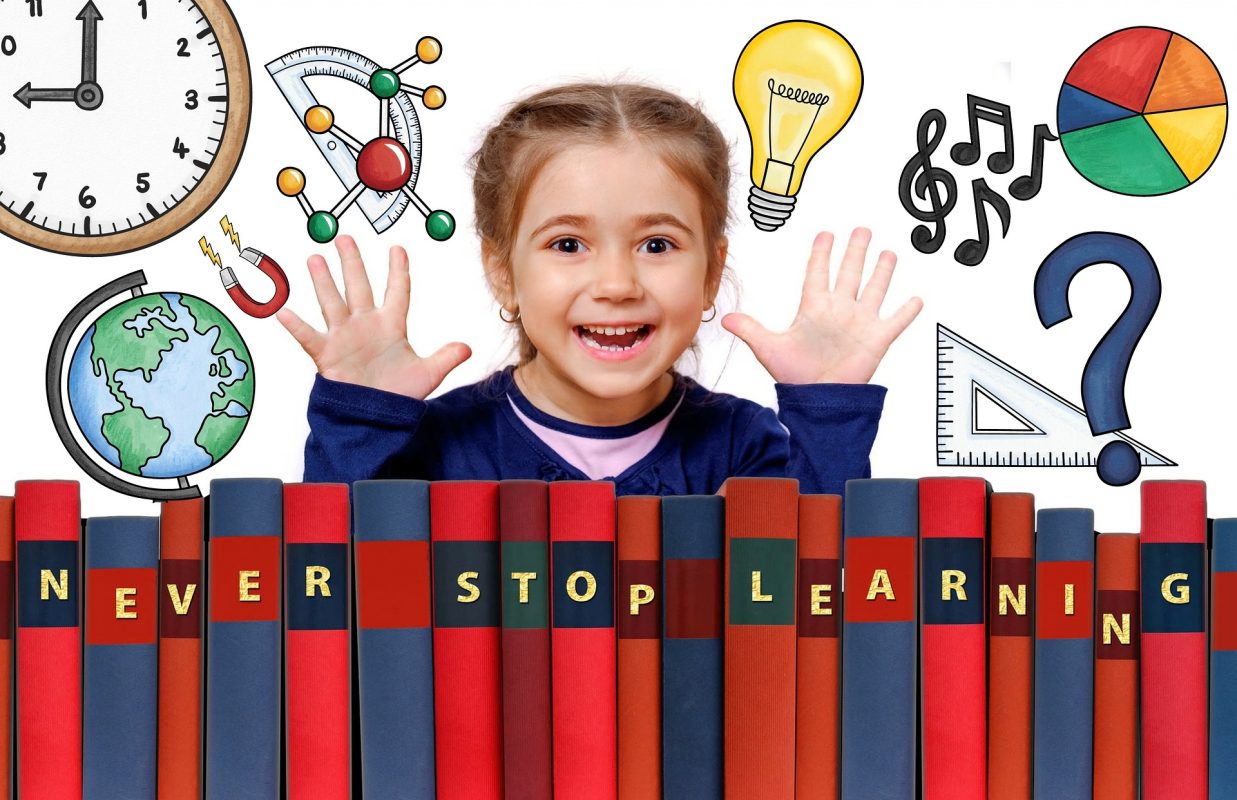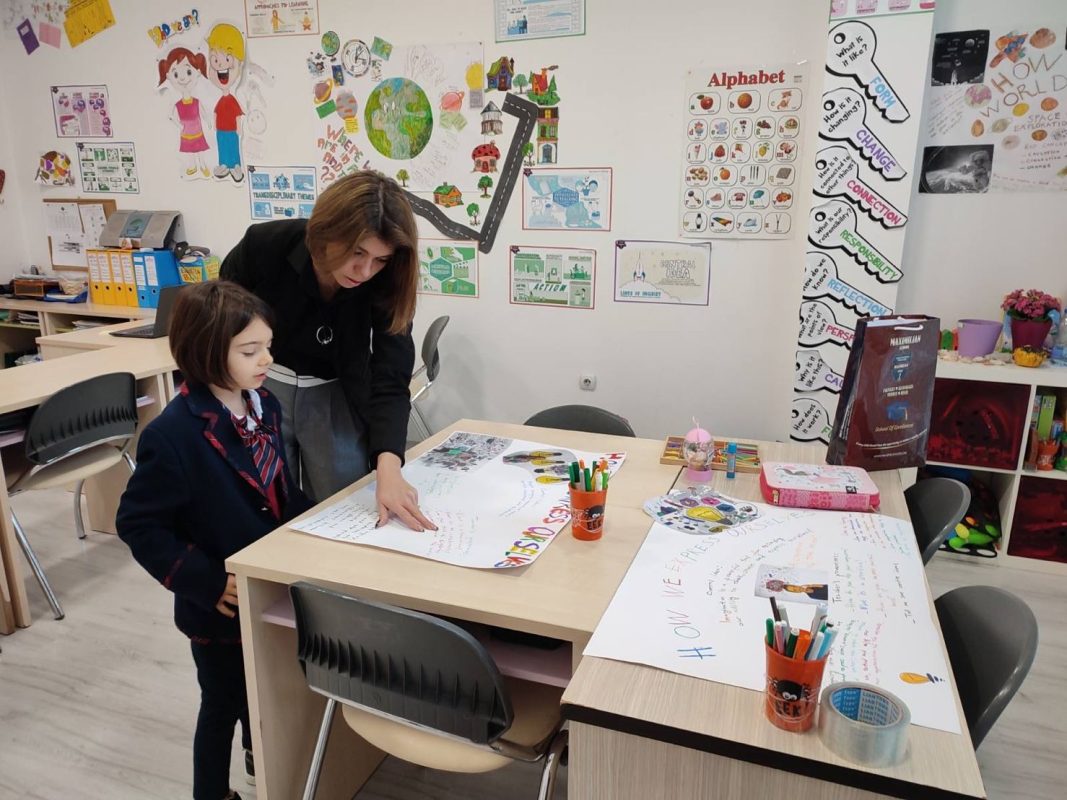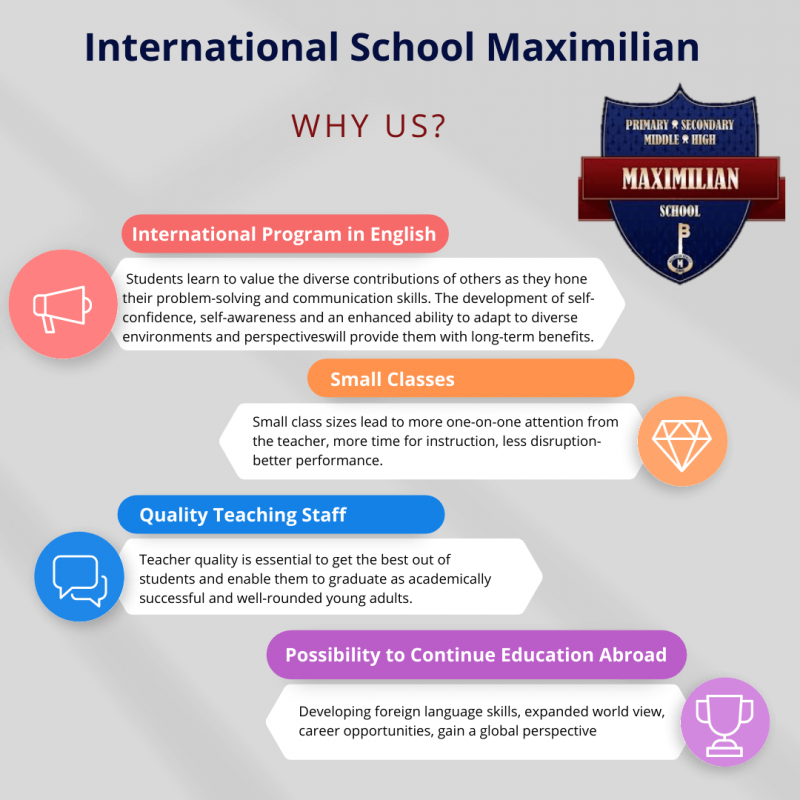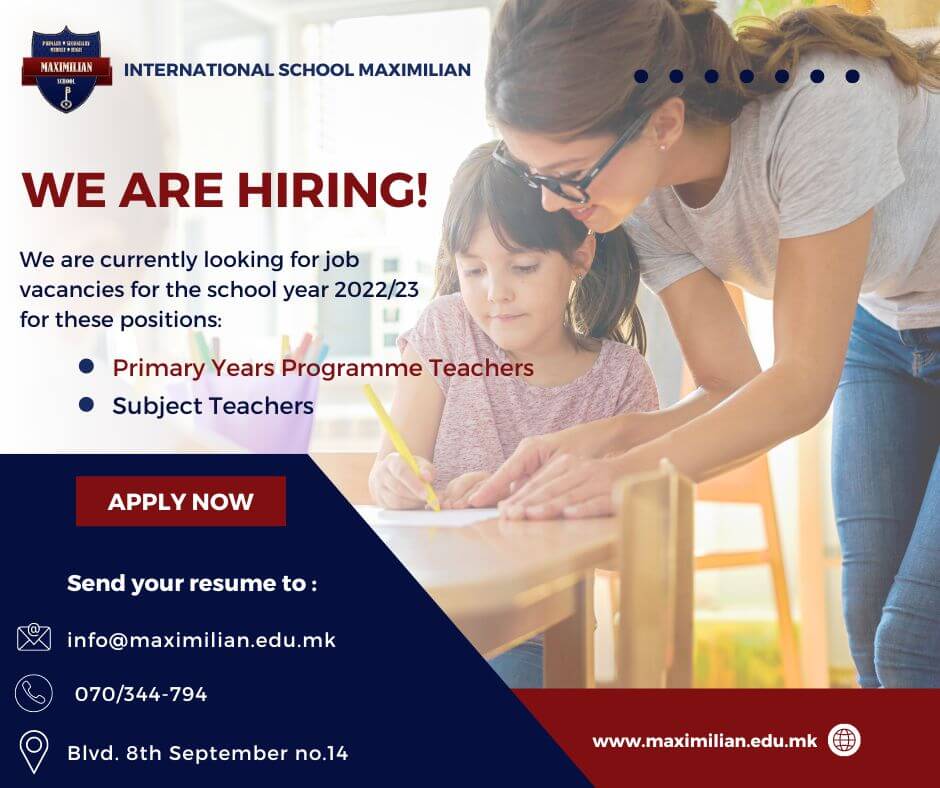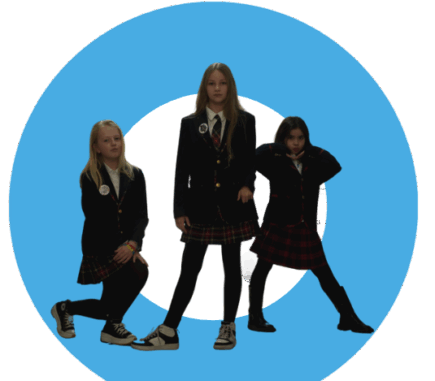1. What was your experience like transitioning from primary school at International School Maximilian to high school in Bulgaria?
It was fairly smooth. Both academics and environment wise, I don’t recall having many difficulties adjusting in the beginning, save from the occasional language difficulties, but those were easy to overcome. The staff and the students are very welcoming.
2. How did the education system in Bulgaria compare to what you were used to at IS Maximilian?
TheBulgarian education system is slightly different from Macedonia’s in general, that includes Maximilian. For instance, there’s slightly more subjects in my current school, amongst other things. However, I don’t think transitioning from one system to the other would be much trouble to most people.
3. What aspects of your education at IS Maximilian do you feel prepared you well for high school?
If I had to say, I believe the English classes Maximilian provides helped me the most, as the school I currently attend’s classes are also in English.
4. How did Maximilian help you develop skills that have been valuable in your high school studies?
Maximilian teaches its students various skills both inside and outside of the classroom, during lessons and through communicating with our teachers: creativity, problem-solving, analysis, teamwork, and many more.
5. Can you share any memorable experiences or lessons from your time at Maximilian that have stayed with you in high school?
All of the staff was very sweet and welcoming, and my teachers made the classroom a genuinely engaging environment and have left an impact on me. Music and art, science, social studies, English literature, English language, Macedonian language, so on… There’s many classes and teachers to choose from, all having provided me with a great experience. However, I think one that has stuck with me is a class when we were answering a test and writing an essay about ‘Little Women’ with Miss Tamara. She had asked us a question about Jo’s circumstances — I don’t remember the exact one — and encouraged us to think about it. Then, she added a comment about how sometimes we think about what we want the answer to be, rather than what it is. Sometimes we need to detach ourselves from our biases and see things as they were, as they are. I don’t think open-mindedness is something I’ve ever struggled with, but hearing her say it added a new layer of understanding to my perspective. It’s not a lesson that has helped me only in analysing literature, but in many other classes, such as history and art. It has impacted my approach to certain situations and people even beyond the classroom.
6. What advice would you give to current primary school students at Maximilian who are preparing to transition to high school?
To be consistent with their studies. I think that I sometimes underestimated how many things which are studied in primary school show up in the high school curriculum, no knowledge is useless.
7. How did having your diploma fully nostrified by the Ministry of Education impact your high school experience in Bulgaria?
I was moved a year ahead due to the difference in the education system. There are 12 years of education in Bulgaria, as opposed to Macedonia’s 13, and a Bulgarian child in the 1st grade is the same age as a Macedonian child in the 2nd grade. The same logic was applied to my finishing 8th grade in Macedonia; I was placed in the Bulgarian 9th grade when I continued school here, which would be the equivalent of 10th grade — or the first year of high school — in Macedonia.
8. Would you recommend Maximilian to other students looking for a strong foundation for high school studies?
Yes, I would. The teachers are lovely and the classes are enjoyable, attending Maximilian is a great experience.
– Klara N


